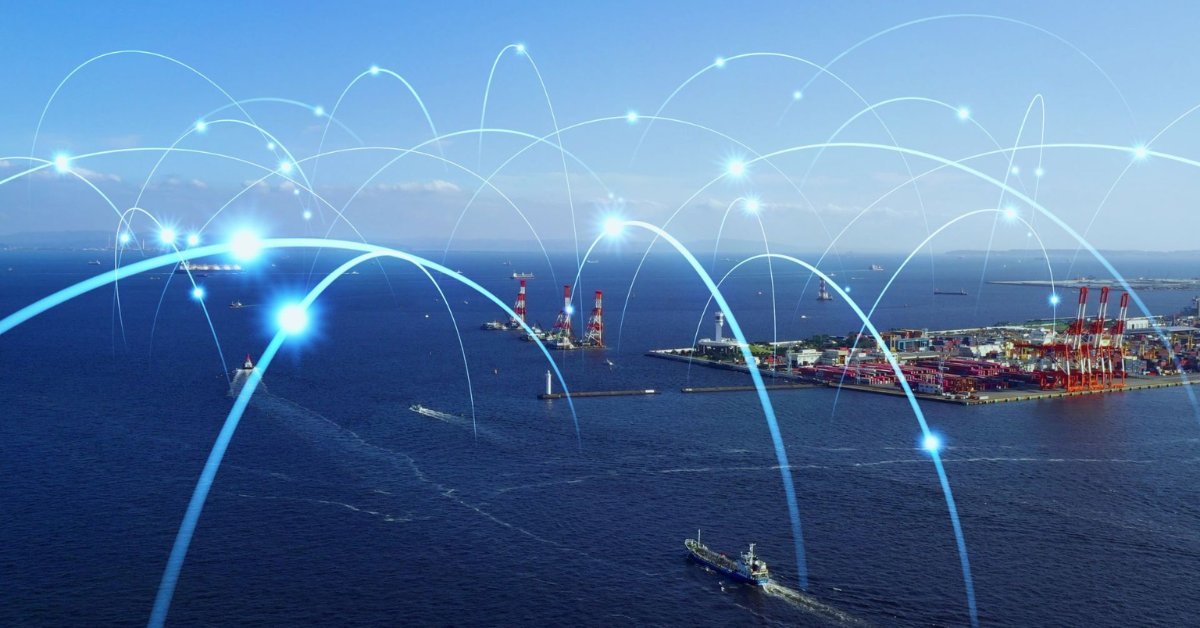
The hybrid ceasefire: A persistent threat in the Black Sea
A ceasefire in Ukraine and the Black Sea could be undermined by Russian hybrid warfare due to the likely limited scope and uncertain conditions of a ceasefire agreement. Hybrid warfare tactics, such as cyberattacks, sabotage, and disinformation campaigns, can continue to target critical infrastructure even during a ceasefire.
While generally covering old concepts in international adversarial competition, “hybrid” warfare/activities/tactics is a term that has been increasingly used to explain some tactics related to modern warfare.
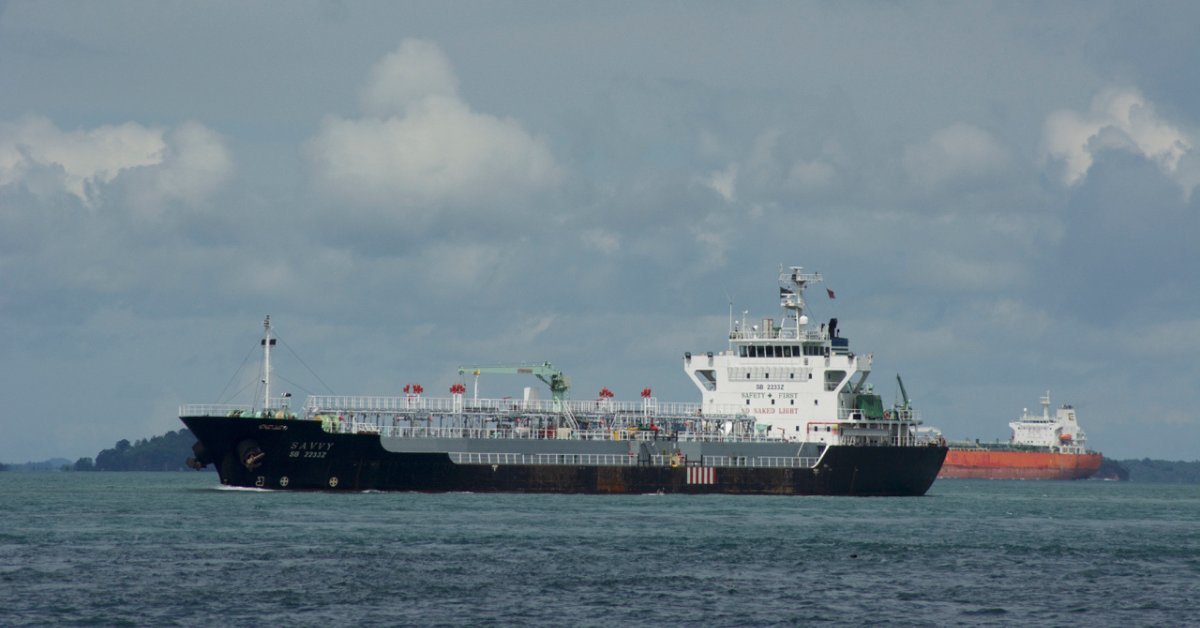
Has South East Asia’s surge in boardings increased the threat?
Through the lens of pure statistics, a 500% increase in the number of reported vessel boardings during transits of the Singapore Strait for the period from 01 November 2024 to 28 February 2025 as compared with the same four months in 2023 and 2024 could be taken as an alarming surge creating significant consequences for the safety of seafarers and cargo ships.
Similar concerns could be triggered when it is revealed that during 2024, 57% of the world’s reported maritime security incidents affecting cargo vessels took place in the waters of South East Asia.
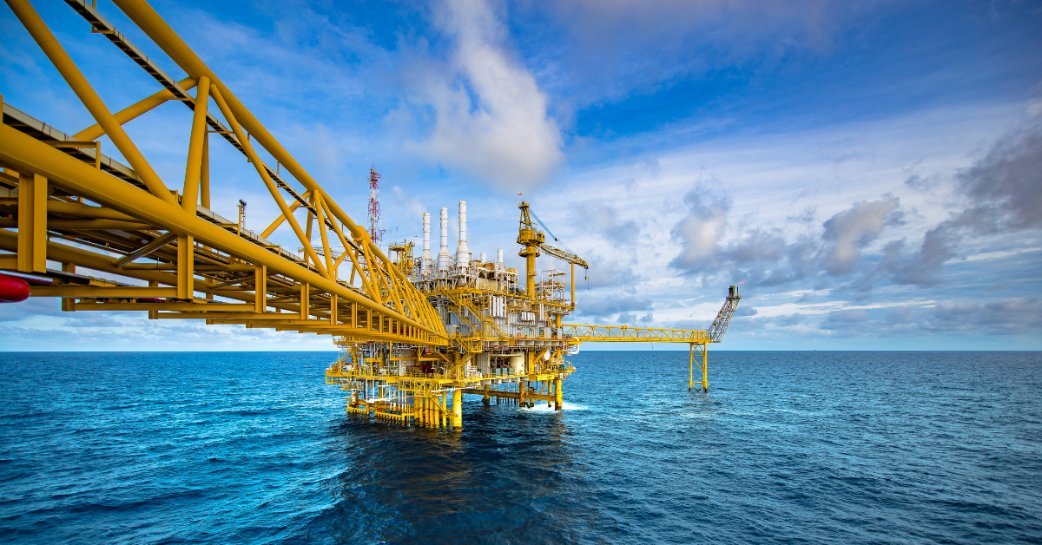
Iran’s regional foreign policy has been upended, but shipping is still a geopolitical lever
After a series of upsets, Iran’s geopolitical situation is precarious. The policy favoured by Tehran’s hardliners, namely militarising the “Shi’ite crescent” to project power and create deterrence, has been upended.
Iran’s main proxy Hezbollah, built up over four decades, has been bested by Israel, and failed to mount significant resistance to the Israeli invasion in Lebanon in October 2024. Likewise, Iran’s long-term ally Bashar Al Assad has fled Damascus, as none of his allies (including Iran) were able or willing to fight further on his behalf.

South Korea announces policy shift amid North Korea's continued missile tests
With South Korea scaling back its anti-North Korea focus and North Korea conducting two missile tests since the start of the year, these developments highlight the ongoing tensions and political shifts in the region.
Recent developments on the Korean Peninsula have drawn significant international attention. In December 2024, President Yoon Suk Yeol declared martial law in South Korea citing "anti-state activities" and "threats posed by North Korea" as the primary reasons.
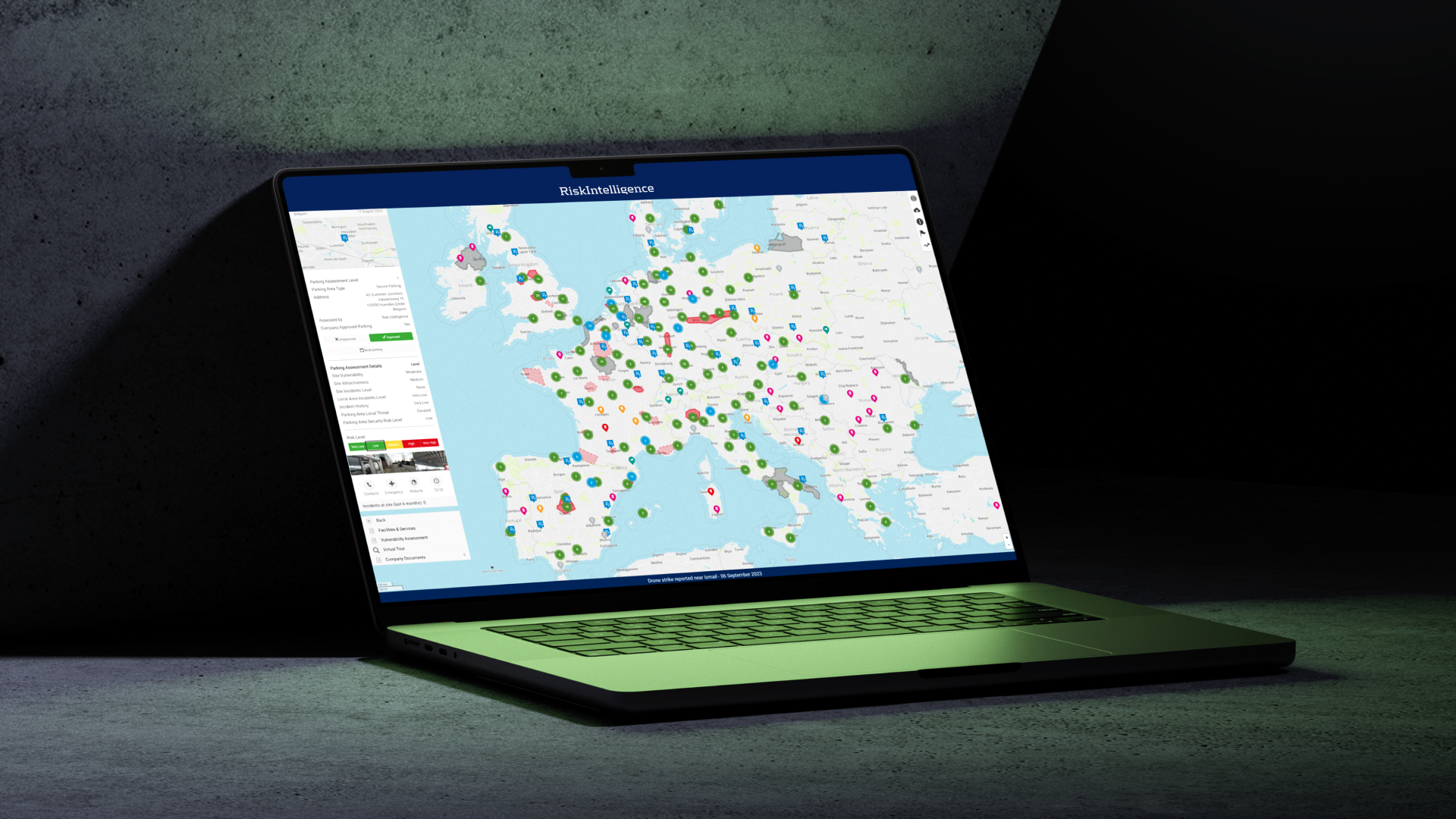
LandRisk 2024 Annual Incident Trends Report: Supply Chain Security in a Shifting World
The upsurge of incidents recorded on the LandRisk System across Europe in 2024 raises many questions on the evolution of threats and threat actors directly targeting or likely to indirectly cause disruptions to supply chain operations in the upcoming year.
This briefing concisely reflects on the rise of criminal activities, the social unrest, and the geopolitical tensions which impacted European supply chain operations throughout 2024.
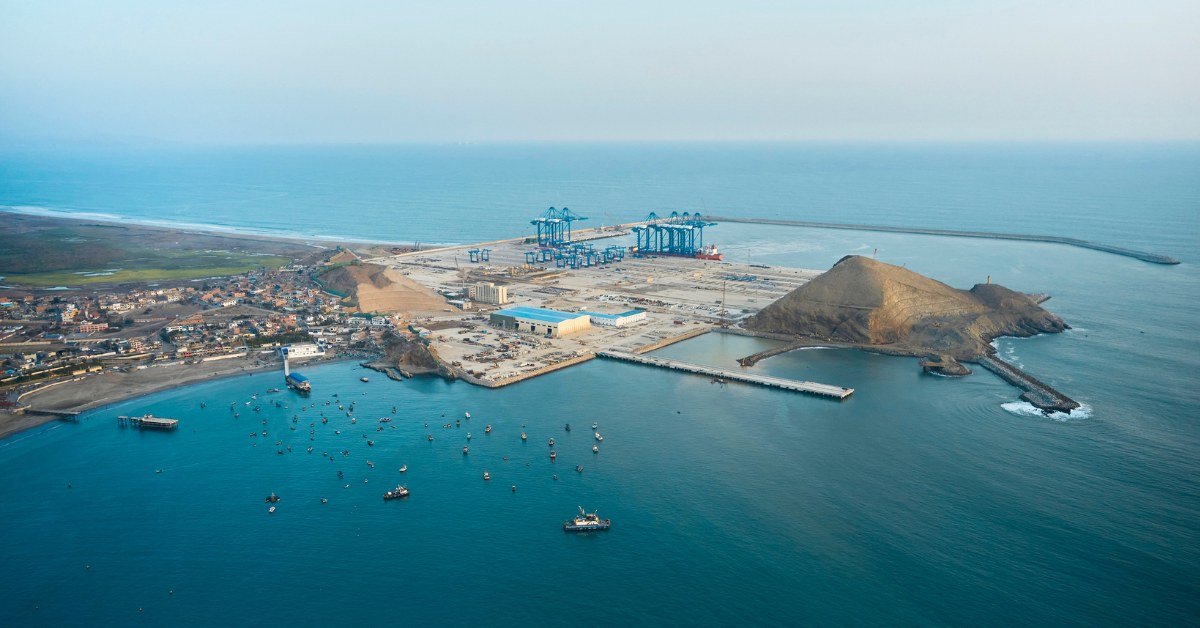
Balancing economic promise with concerns about organised crime and geopolitical tensions in Chancay, Latin America’s new mega-port
The infrastructure project is expected to continue leading to excessive claims of a looming threat, while inserting itself into the agenda of incoming US president Donald Trump. What is mostly certain is that the area is not going to be torn apart by organised crime in the short term and there is plenty of time to design proper guardrails.
Expected to handle five million TEUs annually, the fully automated mega-port of Chancay in Peru is set to become Latin America’s most important and efficient seaport.
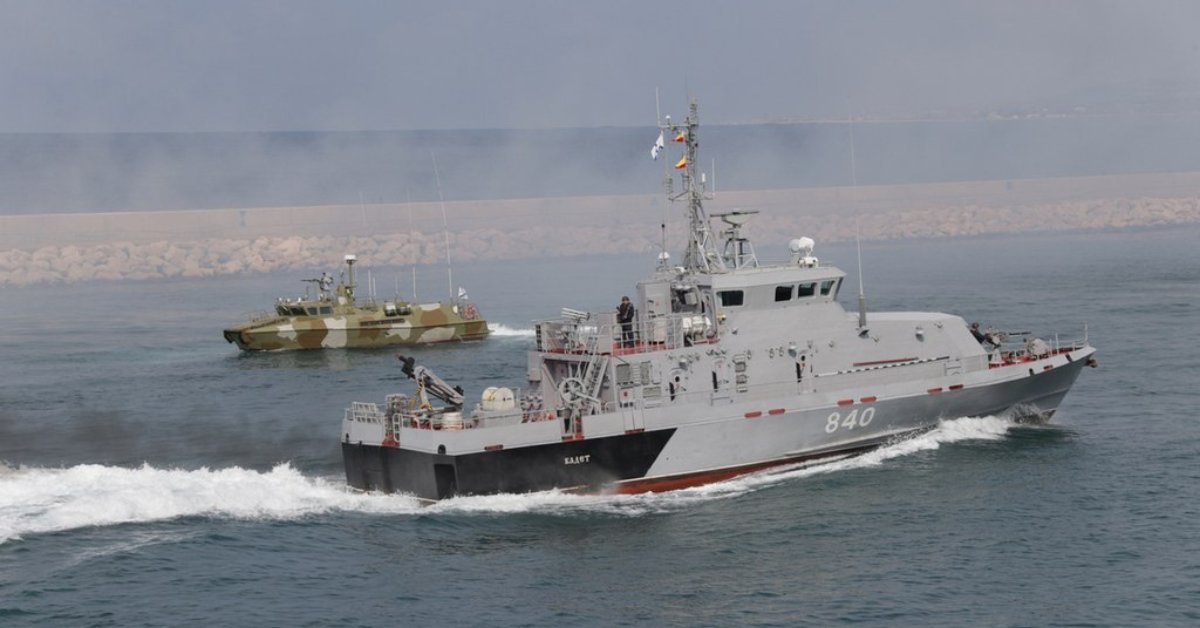
The fall of the Bashar al-Assad regime: what are the maritime and naval implications?
In a regional context that has already been particularly tense since 7 October 2023, the lightning fall of Bashar al-Assad's regime adds to the uncertainty. While the maritime and port repercussions remain uncertain at this stage, the fall of the regime will most likely have naval implications and affect the balance of power in the eastern Mediterranean.
Against a backdrop of profound geopolitical upheaval since the attacks of 7 October 2023, the fall of the Syrian regime is helping to redraw the map of the Middle East.

Are the policy winds changing in the Black Sea?
At the start of 2024 it was often mused that it would be a year of waiting, due to a multitude of factors. Waiting for the outcome of the many elections around the world that might determine any degree of future support for Ukraine.
Waiting to see the capacities of both the Ukrainian and the Russian forces, and their ability to continue their respective military operations – with forces that were not expected to see much replenishment, in personnel and equipment, until 2025.

Why ChatGPT is not an intelligence analyst?
While AI models like ChatGPT demonstrate impressive capabilities in natural language processing and generating human-like text, their application in intelligence analysis is fundamentally limited.
This briefing explains why ChatGPT and similar large language models (LLMs) are unsuitable for intelligence analysis, emphasising the differences between human analytical processes, as conducted by Risk Intelligence, and LLM capabilities.
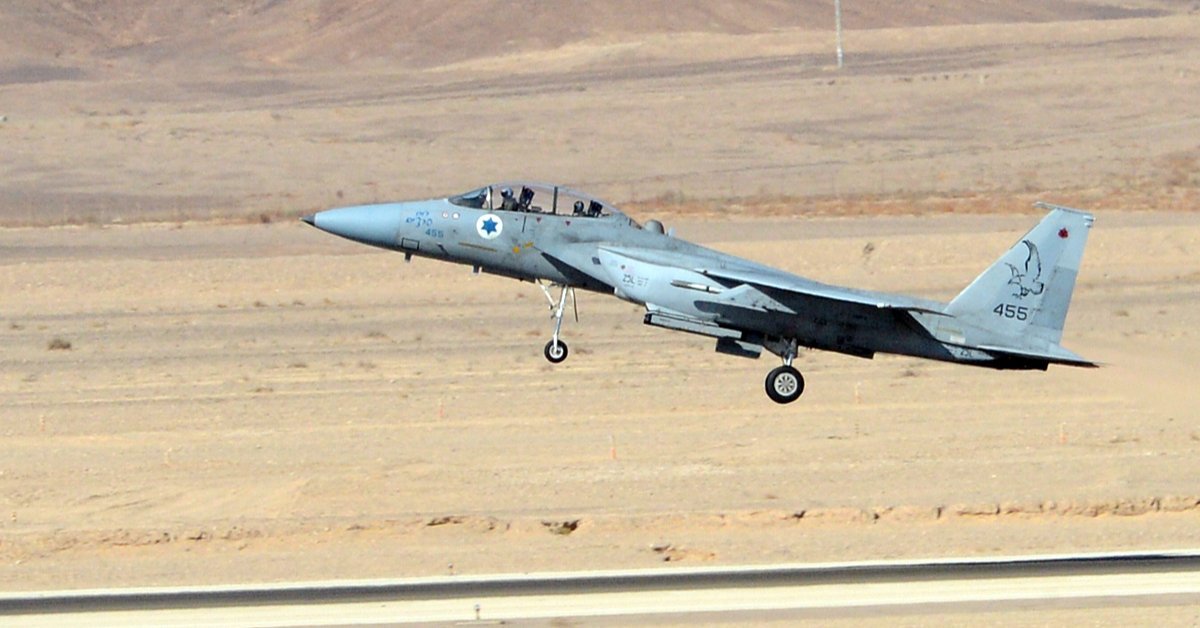
Iran’s dilemma in pursuing a nuclear programme
Iran is forced to reckon with the demise of its main proxy and deterrent, the Lebanese Hezbollah. Much attention is now being paid to its nuclear programme, with many increasingly convinced that only a nuclear shield can protect the country from foreign attacks.
Iran is in a precarious position. Its most powerful proxy, the Lebanese Hezbollah has been maimed by Israeli campaigns and has failed to deter Israeli military operations in Lebanon and against Iran itself.
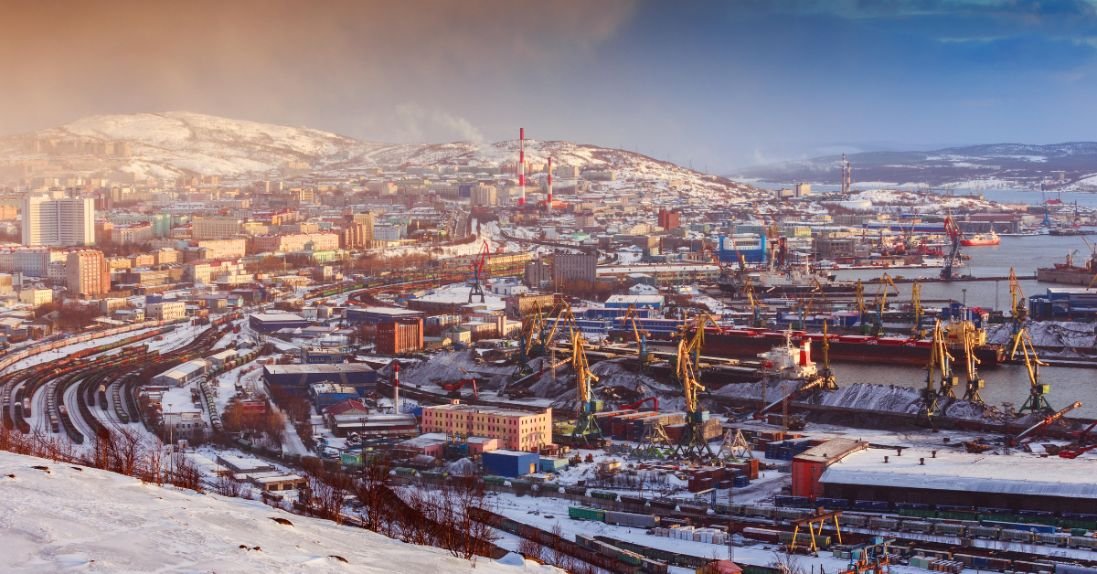
The Northern Sea Route opens a new opportunity for shipping Russian oil to China
With one month left of the navigation season, Russian crude oil shipments to China via the Northern Sea Route have broken last year’s record. This marks a development in the two countries’ cooperation that will be followed closely by the other Arctic states.
The Russian export of crude oil to China via the Northern Sea Route (NSR) keeps developing.
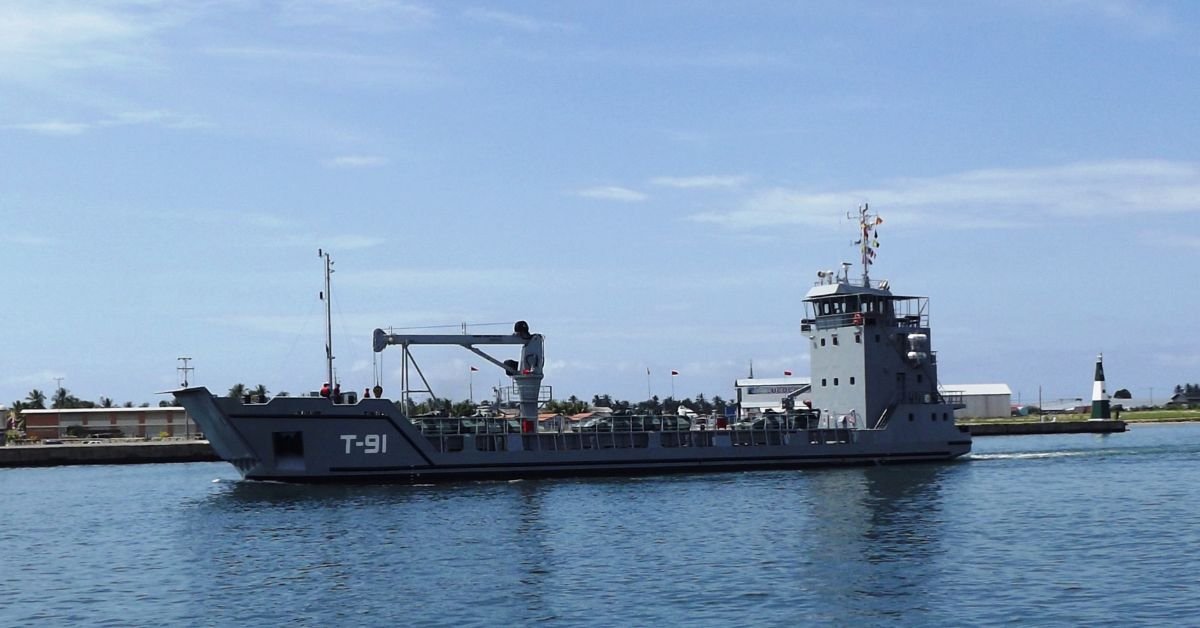
The threat of war in the Essequibo and its impact on maritime operations in Venezuela and Guyana
Venezuela’s claims over territory in Guyana remain a potential threat to security in the region. Although the area has seen a sharp decrease of maritime activity, it remains a crucial corridor for the transportation of containers, oil and gas exports, and the operation of offshore rigs.
In late 2023, tensions soared between Guyana and Venezuela after the latter held a national referendum that laid claim over two-thirds of the territory of Guyana.
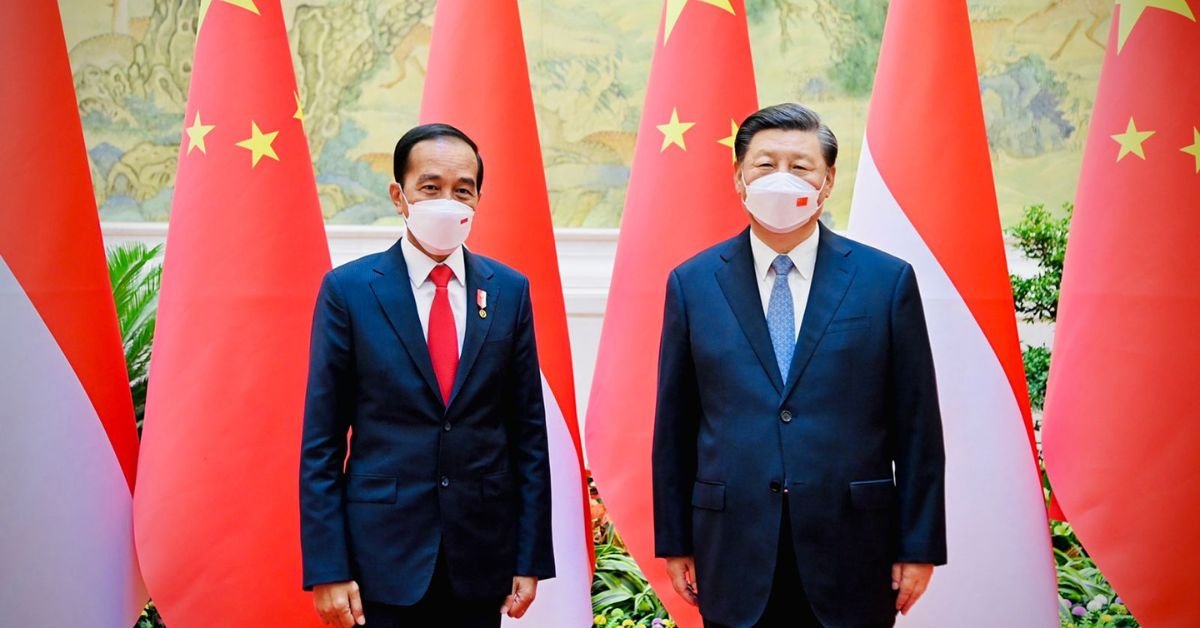
Indonesia’s maritime policy plans go far beyond its own waters
It is expected that Indonesia’s new president Prabowo Subianto will not stray far from his predecessor’s policies surrounding the countries maritime domain.
Ten years ago, then incoming Indonesian President Joko Widodo called on ASEAN leaders meeting in Myanmar to closely cooperate in maintaining maritime security, especially with regard to the South China Sea, where all stakeholders were encouraged to exercise restraint and to seek solutions to the numerous disputes there based on international law.
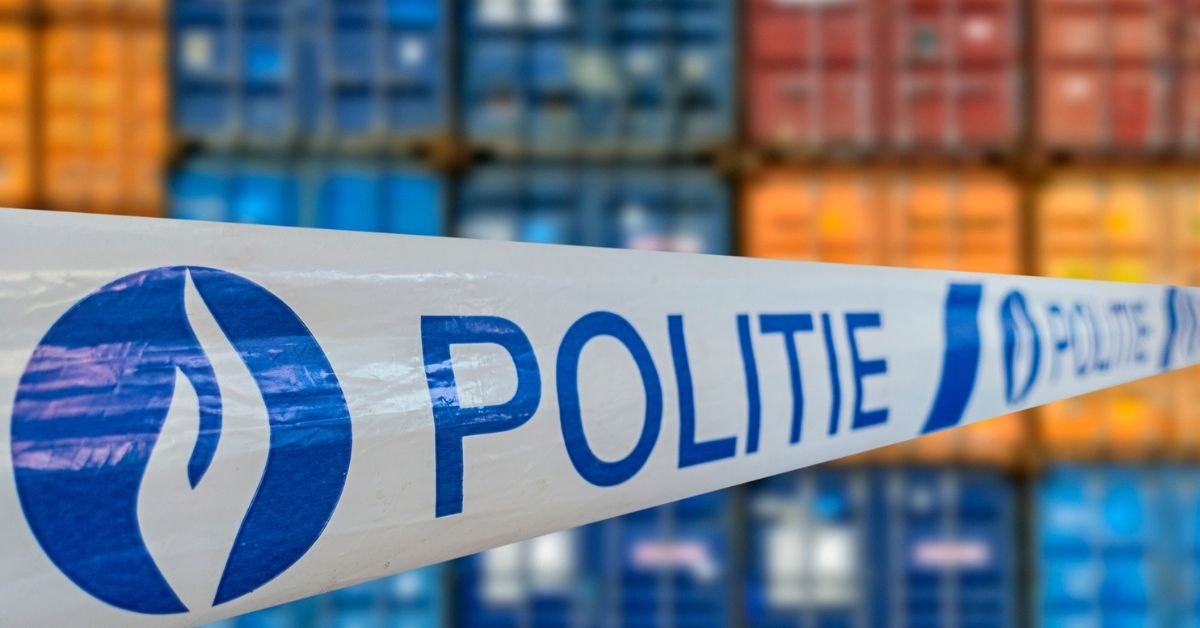
The nexus between organised criminality and supply chain logistics in Europe
Whilst logistics operators are well aware of the involvement of organised crime group (OCGs) in cargo theft enterprises, it is important for the industry to remember that the threat posed by organised criminality to logistics operations is multifaceted.
The involvement of Organised Crime Groups (OCGs) in cargo crime throughout Europe is a well-known fact. It is, after all, a relatively low-risk, high-reward crime—and thus presents as a highly attractive venture for criminal enterprises.
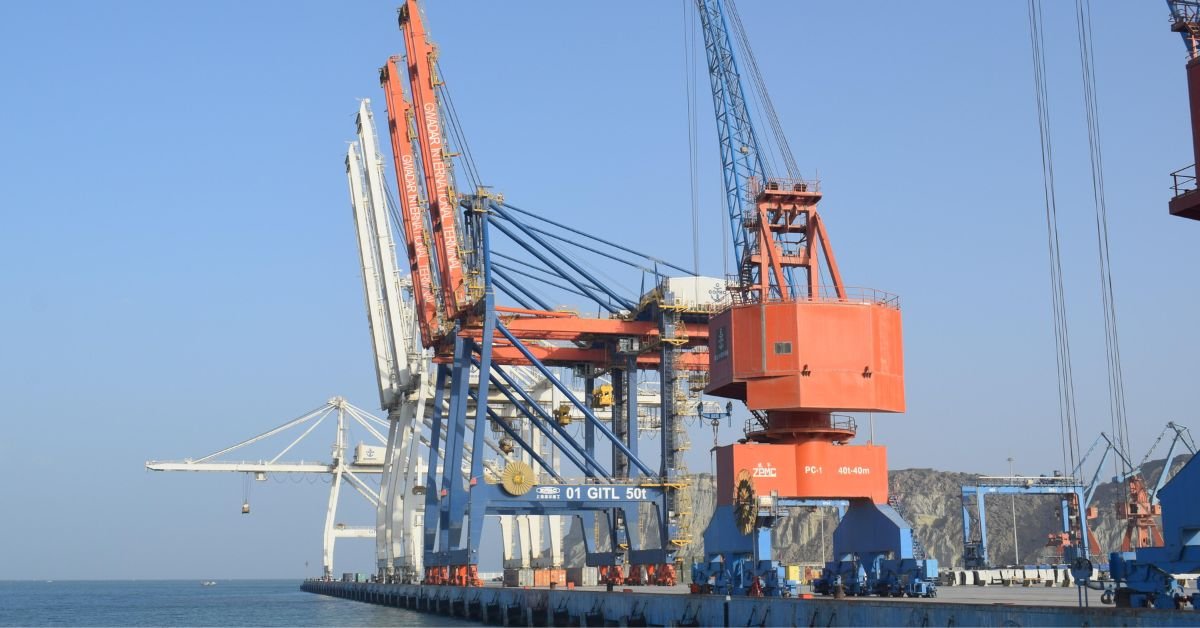
A decade of the Belt and Road Initiative (BRI) and its impact
To date, over 200 BRI cooperation agreements have been signed with more than 150 countries and 30 international organisations. But there has been push back by some countries. The BRI projects have been criticised for being prone to corruption while severely lacking in economic sustainability, regulatory transparency, and good governance.
The Belt and Road Initiative (BRI) was launched by Xi Jinping, the president of the People’s Republic of China, in 2013.

In the event of escalating tensions between Israel and Hezbollah, what degree of threat would the port of Haifa face?
While the situation remains highly volatile, the maritime dimension of the conflict pitting Israel against Hamas and Hezbollah remains only marginal to date.
Against a backdrop of rising tensions in northern Israel with Hezbollah, which has far greater capabilities than Hamas, the port of Haifa could be a target for Hezbollah, which flew a surveillance drone over the port in June.
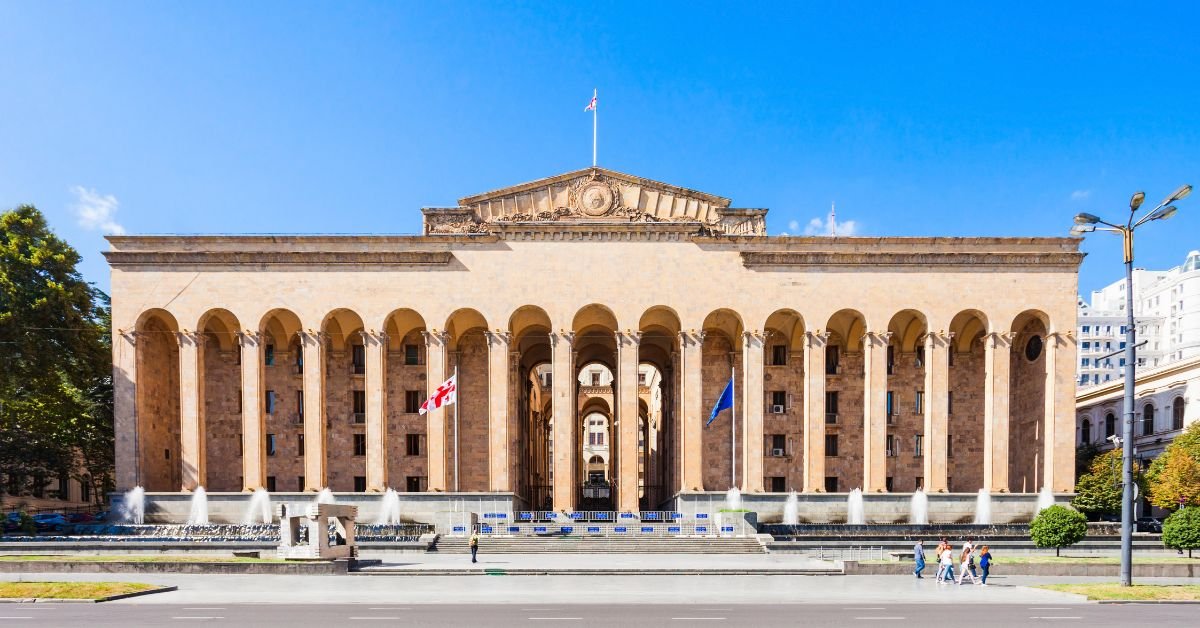
Where to Georgia, East or West?
Upcoming October elections in Georgia, are likely to determine the country’s future direction, looking either East or West.
The Black Sea region has been mired by the impact of the ongoing Russian invasion of Ukraine since February 2022 – although regional security related concerns and issues also existed prior to the invasion. For Georgia, the Ukraine/Russia war has had a mixed impact.

Vulnerabilities faced by stakeholders in the energy sector in Southeast Asia
From the consequences generated by the dark fleet to geopolitics and protection of marine resources, the energy sector faces a variety of vulnerabilities in the area.
Piracy statistics by themselves can lead stakeholders in the energy sector to conclude that their assets in Southeast Asia face few threats. Judging solely on such statistics, it would appear that vessels related to the energy sector, whether VLCCs, OSVs or stationary platforms, are rarely impacted by significant threats.

Tensions in New Caledonia impact maritime activities
The discussion in the French Assembly about a constitutional law changing rules for local elections in New Caledonia led to violence across the French South Pacific Territory, directly impacting maritime activities on the island.
This last Tuesday, 28 May 2024, the state of emergency in New Caledonia was lifted by the French Government after two weeks of intense tensions.

Could the newly implemented post-Brexit border check fuel cargo crime in the United Kingdom?
The UK introduced new physical checks for ‘medium’ and ‘high-risk’ animal and plant products in April 2024, as part of the post-Brexit Border Target Operating Model.
However, glitches and delays in Dover and at the Channel Tunnel have raised concerns about the impact of these procedures on road transport operations as the country continues to be one of the primary European cargo crime hotspots.
